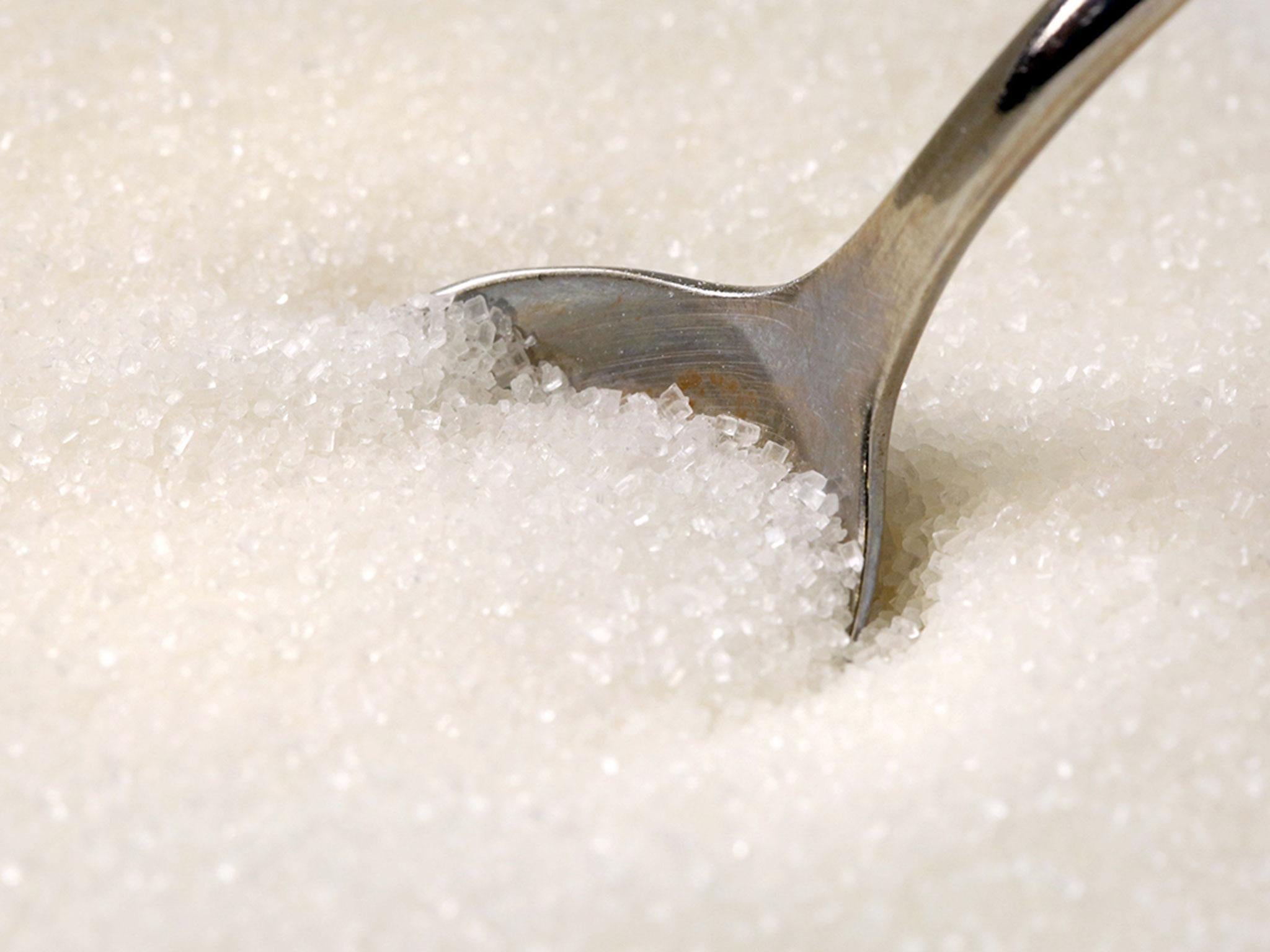Here's how eating sugar affects your body and brain
Sugar is a natural component of healthy foods like fruits and vegetables, but eating too much of it comes with dire consequences

In the late 1960s, a food industry group called the Sugar Research Foundation paid three Harvard researchers $6,500 (about $50,000 today) to discount research that increasingly showed links between sugar and heart disease and to point the blame at fat instead, according to an analysis of historical food industry documents that was published the fall of 2016.
The report those Harvard scientists published transformed the American diet, causing people to steer clear of fatty foods, which led many to sugar-packed snacks instead. But as a significant body of research now shows, excessive sugar consumption can be devastating for our health.
Even though we're now more aware of the risks of too many sweets, there are still plenty of myths about sugar and what it actually does to us. After all, sugar is just the name for a simple carbohydrate, and there's always been some sugar in our diets. The problem is that today the average American consumes more than twice what the US Food and Drug Administration (FDA) — and four times what the World Health Organisation (WHO) — recommend as safe. And that's dangerous.
Here's how eating sugar, especially too much of the added sugar that's not naturally found in foods, affects your body:
• 22 lessons from Stephen King on how to be a great writer
• How to outsmart any multiple-choice test
• Google responds to employee's daughter asking for a day off
Read the original article on Business Insider UK. © 2016. Follow Business Insider UK on Twitter.
Subscribe to Independent Premium to bookmark this article
Want to bookmark your favourite articles and stories to read or reference later? Start your Independent Premium subscription today.

Join our commenting forum
Join thought-provoking conversations, follow other Independent readers and see their replies